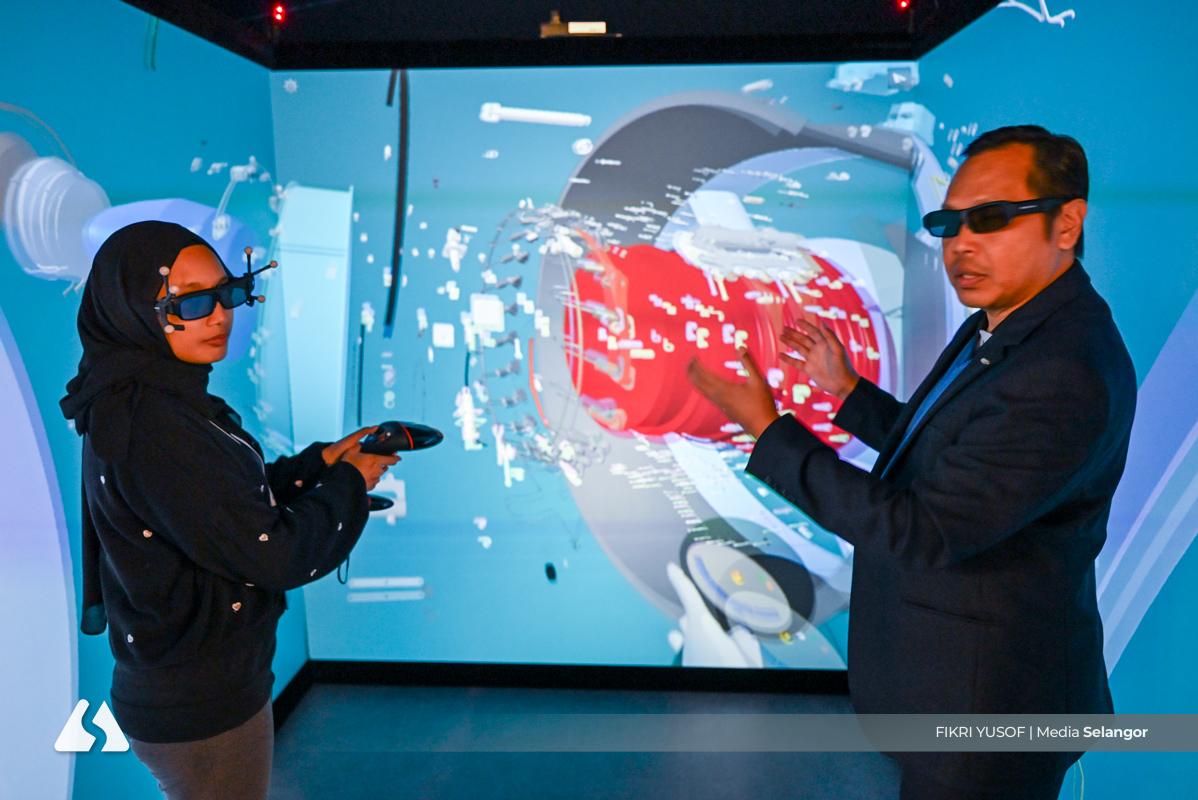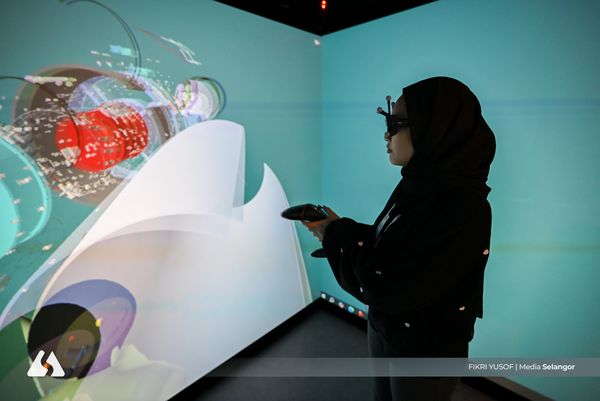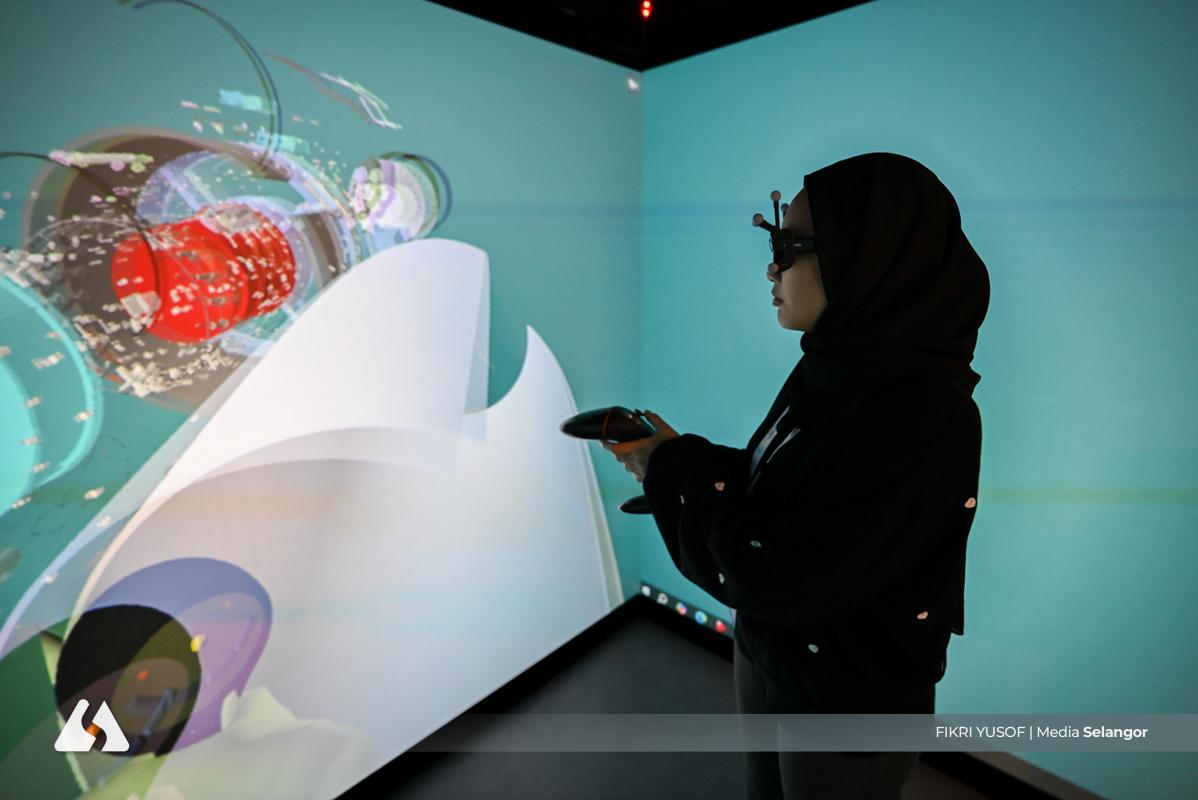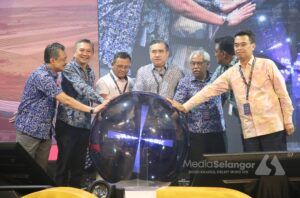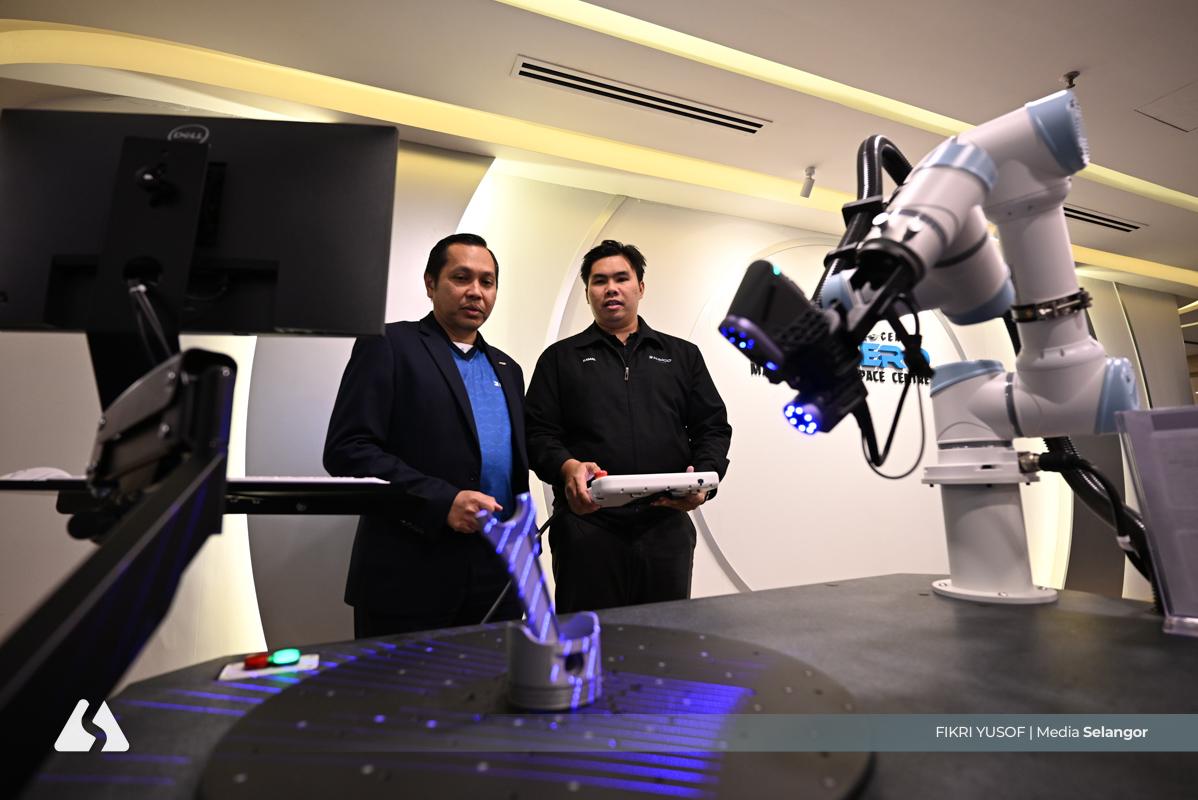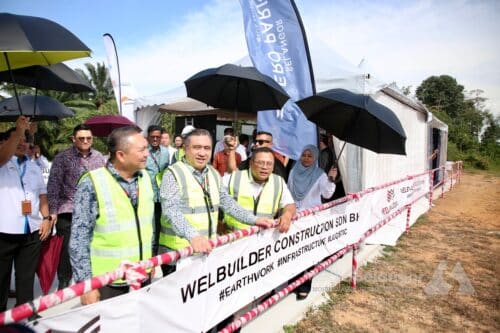SHAH ALAM, October 7 — The National Aerospace Industry Corporation (Naico) is partnering with Menteri Besar Selangor (Incorporated) or MBI to set up the MyAero Training Centre at the Selangor Aero Park (SAP), which will serve as a high-tech hub to train young engineers and curb brain drain.
The centre aims to offer world-class facilities and exposure to cutting-edge technologies, including robotics, automation, and artificial intelligence (AI), to strengthen Malaysia's aerospace sector.
Naico chief executive officer Shamsul Kamar Abu Samah said that while Selangor continues to lead the nation’s aerospace sector — hosting more than 60 per cent of its players, with the majority in Subang, Sepang, Shah Alam, and Serendah — sustaining its position as the country’s main hub requires addressing a critical talent gap.
“We want to limit the talent gap in Malaysia’s aerospace industry, especially with Selangor being home to Subang Aerotech Park.
“The (upcoming) training centre at SAP will not only upskill workers but also give investors confidence that Malaysia can provide the expertise they need locally,” he said during a recent interview with Media Selangor at Naico's headquarters at Menara Matrade in Kuala Lumpur.
Previously, during the SAP’s groundbreaking ceremony at the KLIA Aeropolis on June 5, Menteri Besar Dato' Seri Amirudin Shari said that Selangor is poised to capture up to 73 per cent of Malaysia’s aerospace economic activity by the end of this decade, up from the current 68 per cent.
On his part, Shamsul acknowledged that tackling brain drain remains a challenge, with skilled workers often leaving for better pay overseas, but noted that this is also a reflection of the strong global demand for Malaysian talent.
He believes Naico’s approach in giving local talent access to modern tools, stable career pathways, and opportunities for continuous learning will keep more talent at home.
“The new generation in our industry has clear expectations, namely better income, career growth, access to advanced technology, and company stability. Through this new training centre at SAP, we want to ensure they can find all of that here,” Shamsul said.
This year alone, Naico is training 600 individuals, including 400 workers and 200 final year students from programmes linked to the MyAero Centre of Excellence, a hub for aerospace talent development, innovation, and industry collaboration.
“This is where they can gain knowledge to enhance their expertise,” he said, adding that advanced labs for reverse engineering, additive manufacturing, and predictive AI will also play an essential role in equipping local talent with future-ready skills.
The corporation is also expanding its collaboration with local universities to enhance research and development, as well as reverse engineering expertise and engineering services that drive industry innovation, to nurture a steady pipeline of talent to directly serve Malaysia’s aerospace supply chain.
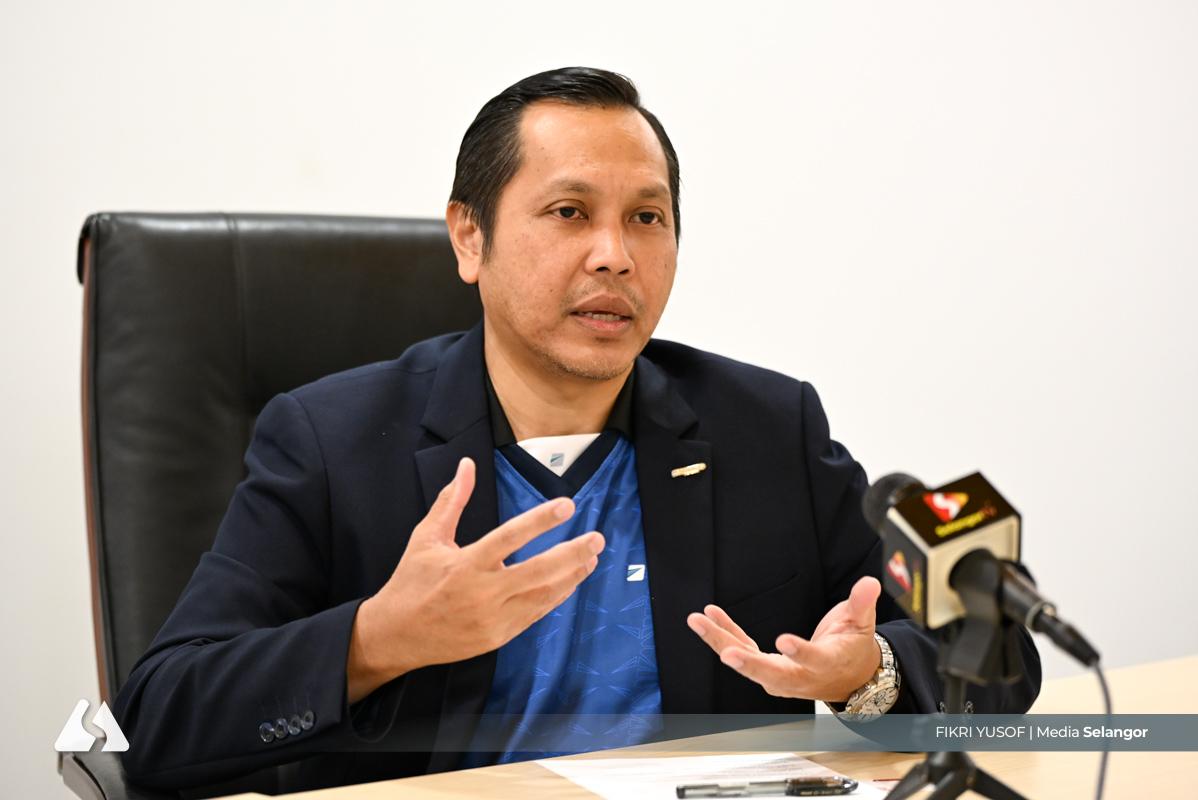
Enhancing supply chain, sustainability
Beyond the talent gap, Malaysia is also set to strengthen its aerospace supply chain through the upcoming Strategic Transformation of the Aerospace Supply Chain Ecosystem (Teras) in 2026, which aims to develop 10 selected small and medium enterprises (SMEs) into global-standard suppliers.
“We want to develop local expertise. We will select 10 of our best SMEs for a comprehensive evaluation so they can serve as models in supply chain development,” Shamsul said, noting that this is crucial as international giants like Airbus, Boeing, and Turkish Aerospace expand their presence in Malaysia, especially in Selangor and Melaka.
As such, Naico sees this as an opportunity to establish local companies in the value chain.
“The main challenge is adopting digital technology, automation, and robotics to stay competitive in terms of cost, quality, delivery, and safety,” he said.
Investing in research and innovation is also crucial to keep Malaysia’s supply chain aligned with rapidly evolving global standards, while ensuring the nation’s aerospace growth follows global sustainability trends.
As airlines and manufacturers worldwide face pressures to reduce carbon emissions, Shamsul said Malaysia is positioning itself as a regional leader in sustainable aviation practices.
He added that Naico has rolled out initiatives under the Investment, Trade, and Industry Ministry’s (Miti) environmental, social, and governance (ESG) framework and hosted the MyAero Sustainable Aviation Symposium Asia Pacific in July this year, which attracted hundreds of participants from 22 countries.
“This shows that we are beginning to attract attention, both locally and internationally, for how we implement initiatives related to sustainable aviation,” Shamsul said.
With sustainability increasingly emerging as a key competitive differentiator, Naico believes Malaysia’s commitment will not only attract international investors but also ensure long-term resilience in the face of stricter environmental regulations.
With investments in talent, technology, and infrastructure, he stated that the sector aims to achieve RM55.2 billion in revenue by 2030.
